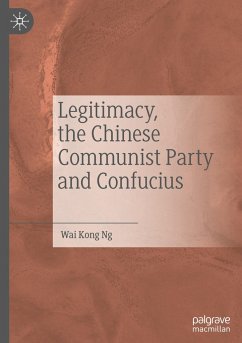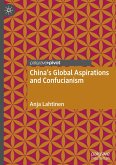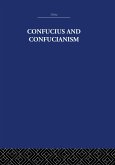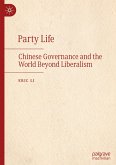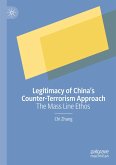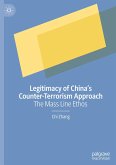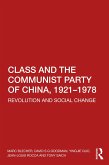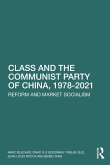This book explores the use of Confucianism by the Chinese Communist Party in its assertion of political legitimacy. Confucian thought offers an enduring framework for political legitimacy in East Asian societies, including China. All states strive to acquire legitimacy, and despite once denouncing Confucianism as the remnants of feudal poison, the Party is turning towards Confucianism as part of its legitimation efforts. This suggests that the Party is suffering from an ideological void in terms of legitimacy and legitimation due to the diminishing relevance of Marxism in Chinese societal practices.
The book will devise a non-liberal legitimacy framework, drawing on the ideas of Habermas and Bernard Williams, to examine the legitimacy of the Party, and use an analysis of the elite discourse to determine the nature of the Confucian turn, in a sharp polemic that will interest scholars of Chinese politics, of the role of traditional beliefs in Asian modernity, and in China's future.
The book will devise a non-liberal legitimacy framework, drawing on the ideas of Habermas and Bernard Williams, to examine the legitimacy of the Party, and use an analysis of the elite discourse to determine the nature of the Confucian turn, in a sharp polemic that will interest scholars of Chinese politics, of the role of traditional beliefs in Asian modernity, and in China's future.

